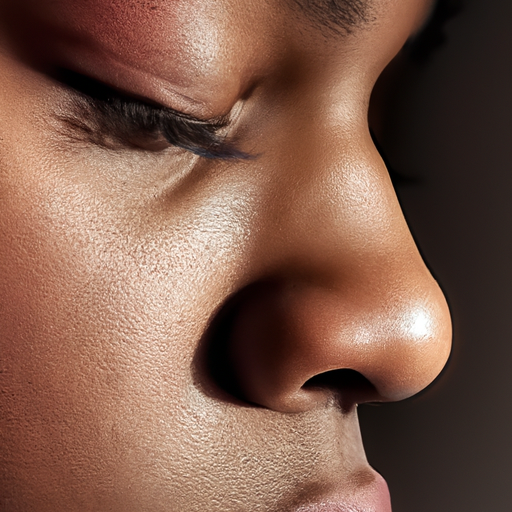As a medical professional, I am often confronted with patients who suffer from sensitive skin. This condition, while not life-threatening, can significantly impact a person’s quality of life. It is a complex issue that is often misunderstood, leading to unnecessary discomfort and frustration. This article aims to unmask the mysteries surrounding sensitive skin, delving into its causes and symptoms.
Sensitive skin is a common condition that affects millions of people worldwide. It is characterized by a heightened skin response to factors that typically do not affect other people. These factors can include weather changes, certain skincare products, and even stress. People with sensitive skin often experience symptoms such as redness, itching, burning, and dryness.
The root cause of sensitive skin remains a subject of ongoing research. However, it is generally agreed upon that the condition arises from the protective barrier of the skin being compromised. This barrier, made up of oils, lipids, and cells, acts as a shield against environmental aggressors such as pollutants and allergens. When this barrier is weakened or damaged, irritants can penetrate the skin more easily, leading to inflammation and sensitivity.
Several factors can contribute to the weakening of the skin’s protective barrier. These include genetic predisposition, aging, hormonal fluctuations, and environmental factors such as exposure to harsh weather conditions or pollutants. Additionally, the use of harsh skincare products or over-exfoliation can strip the skin of its natural oils, thereby damaging the protective barrier.
Moreover, certain underlying health conditions can also lead to sensitive skin. For instance, people with eczema, rosacea, or allergic contact dermatitis are more likely to have sensitive skin. These conditions cause inflammation in the skin, which can disrupt the protective barrier and lead to increased sensitivity.
The symptoms of sensitive skin can vary greatly from person to person. However, some common signs include redness, itching, burning, dryness, and a tendency to react negatively to skincare products. Some people may also experience a stinging sensation when applying products to their skin.
It’s important to note that these symptoms can also be indicative of other skin conditions. Therefore, if you’re experiencing persistent or severe symptoms, it’s crucial to consult a healthcare professional for a proper diagnosis.
Managing sensitive skin requires a gentle approach. It’s essential to avoid harsh skincare products that can strip the skin of its natural oils. Instead, opt for gentle, fragrance-free products that are designed for sensitive skin. It’s also important to protect your skin from environmental aggressors by wearing sunscreen and avoiding prolonged exposure to harsh weather conditions.
In conclusion, sensitive skin is a complex condition that arises from a compromised protective skin barrier. It can be caused by various factors, including genetic predisposition, underlying health conditions, and environmental factors. The symptoms can range from mild to severe and can significantly impact a person’s quality of life. However, with the right skincare routine and lifestyle modifications, it’s possible to manage sensitive skin effectively.
As a doctor, I believe it’s crucial to raise awareness about this condition and educate people on how to care for their sensitive skin. By understanding the causes and symptoms of sensitive skin, we can take steps towards managing this condition more effectively and improving the quality of life for those affected.



